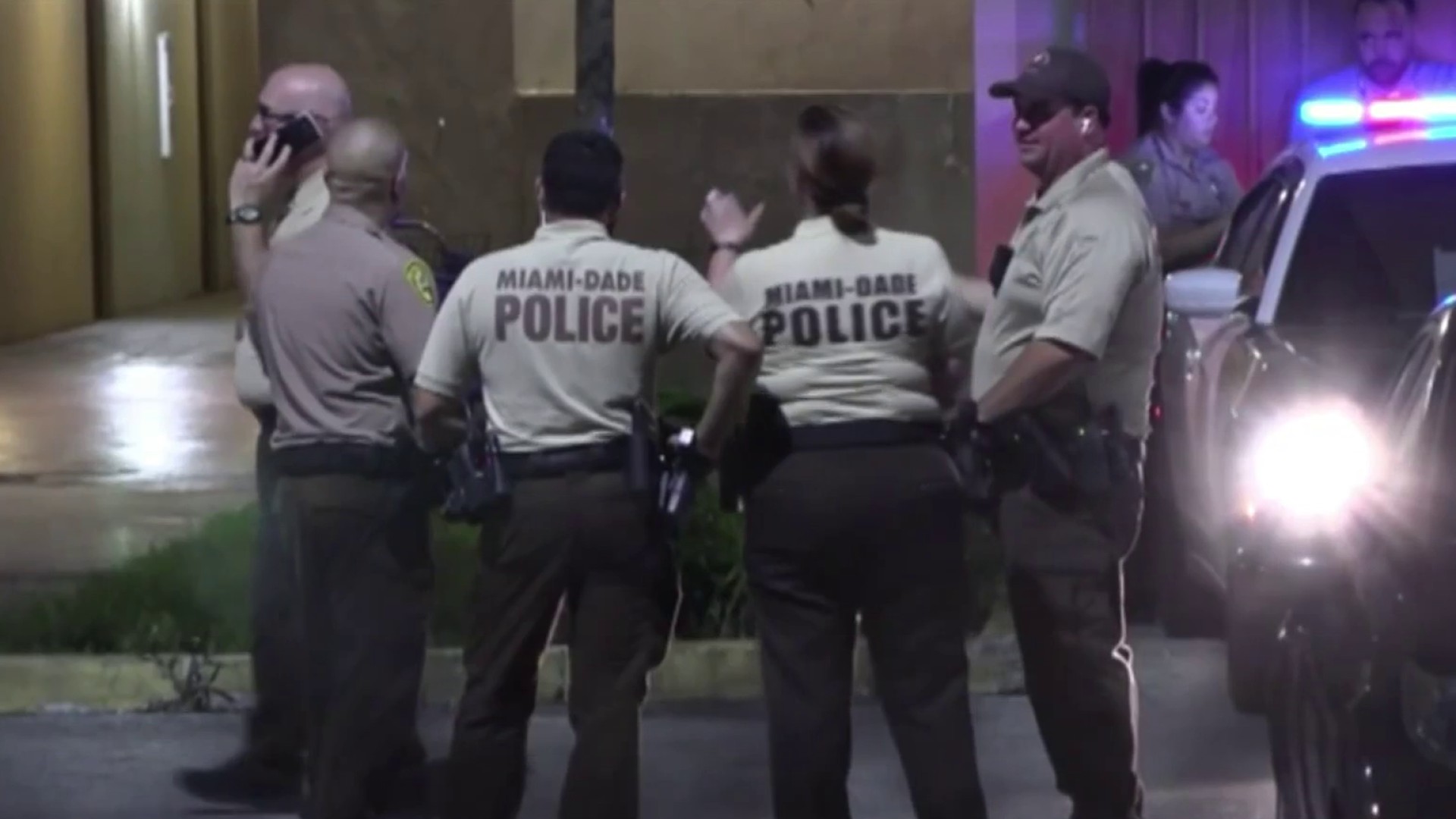House Speaker Will Weatherford testified on Tuesday that the Republican-controlled Florida Legislature went out of its way to shed all political considerations when legislators drew up new congressional maps two years ago.
Besides Weatherford's remarks, the second day of the redistricting trial also featured plenty of details about what happens behind the scenes.
A former top House aide testified that while he worked there, he deleted all sorts of emails from his computer every day, including about the redistricting efforts. But he said he also saved redistricting maps on a flash drive that was later hand-delivered to a top Republican political consultant.
Weatherford also acknowledged deleting emails, although he maintained that he followed existing House rules on retaining public records.
The Speaker also testified about a closed-door meeting in 2012 where he and Senate President Don Gaetz reached a deal that called for boosting the number of black voters in a sprawling congressional district that now stretches from Jacksonville to Orlando.
The Wesley Chapel Republican told the court that Gaetz and the Senate had given the House a "compelling" reason to make the changes to the district now held by U.S. Rep. Corinne Brown.
But he had difficulty recalling what those reasons were other than they were intended to make the congressional seat more legally compliant. Lawyers challenging the maps contend the change was made to help adjacent Republican districts.
Local
The non-jury trial revolves around whether legislators ignored a 2010 constitutional amendment that required them to draw up congressional districts that do not protect incumbents or members of a certain party. Attorneys for the Legislature have denied any wrongdoing, but if the court finds the current districts unconstitutional it could force legislators to redraw them.
Attorneys representing the groups, which include the League of Women Voters, have alleged that legislators used a "shadow" process that included the use of political consultants to help come up with maps more favorable to Republican candidates. One consultant received maps from Kirk Pepper, a deputy chief of staff to then House Speaker Dean Cannon, before they were made public.
Pepper testified that he handed over the maps to help a "friend who had been cut out of the process." Pepper also testified that he would regularly delete emails on redistricting and other matters when he worked at the House. While Florida has strict public records laws, the Legislature has more leeway on how it must follow those laws.
Weatherford, who was in charge of the House committee that oversaw redistricting, testified that consultants were told early on that they would not have a role in redistricting. He said he only learned that Pepper turned over maps to a consultant when he read about it in a news article.
"The politics of the map-making was not important to me," Weatherford said. "We went to great lengths to depoliticize the process."
Weatherford told reporters after his testimony that the loss of several GOP incumbents including U.S. Rep. Allen West in 2012 was "proof" that the Legislature did not act in a partisan manner.
Pepper testified that an aide to West called to complain about the congressional map but was told that the issue couldn't be discussed because of the new standards.



